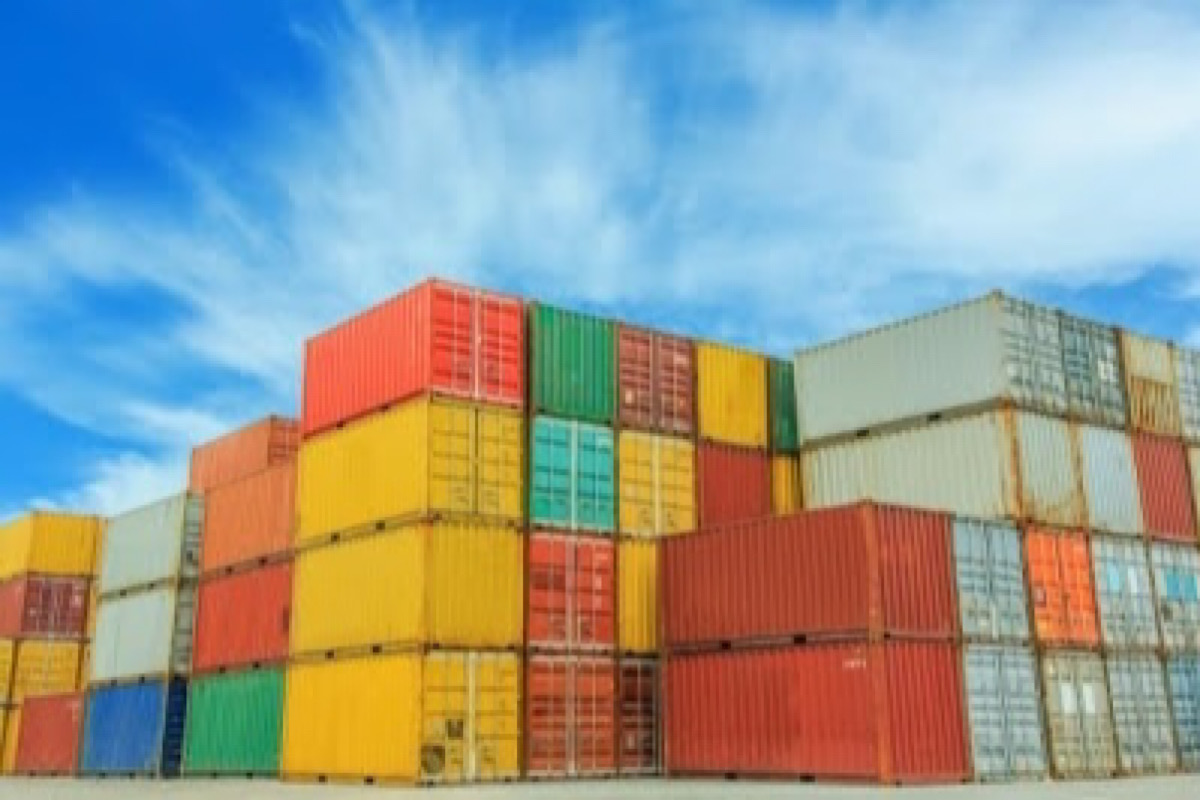With many public buildings still damaged across Turkey’s 11 southern provinces following devastating twin earthquakes on February 6, special containers have been set up to facilitate voting on Sunday’s presidential elections.
The custom-made 21 sq mt containers will house two voting booths on the back corners for earthquake victims to vote in privacy, while election officials will be seated in the middle to monitor the process, Xinhua news agency reported.
Advertisement
Multiple firms in the quake-hit southern province of Gaziantep are manufacturing the special containers that are also sent to nearby provinces of Hatay, Kahramanmaras, Adiyaman, and Malatya, local media reported.
“We were normally producing containers for living when new demand for the election came up,” Ahmet Yirtici, owner of one of the manufacturing firms, told the state-run Anadolu Agency.
His company was commissioned to produce 1,000 containers.
“To meet this demand, we had to increase our workload to three shifts across 24 hours,” Yirtici said.
Following the elections, the containers will be converted into residences.
Dozens of containers have already been set up at school yards around Kahramanmaras province, the epicentre of the deadly earthquakes which claimed nearly 51,000 lives. Meanwhile, Hatay province, one of the worst hit by the disaster, has had 167 containers set up at schools and outside neighborhood administrators’ offices.
Flights to the Hatay airport have been canceled due to safety considerations until May 17, three days after the elections, Hatay Mayor Lutfu Savas recently told reporters. The airport was severely damaged during the earthquake but had been temporarily open for a while.
Of the 60.7 million eligible voters in Turkey, nine million reside in provinces hit by the earthquake. With many people fleeing to other cities, it is difficult to determine precisely how many have shifted their registration and how many will return to vote, and the lack of airport access might reduce voter turnout.
The presidential elections will be a tight race between two of four candidates: Incumbent President Recep Tayyip Erdogan seeking a new five-year term following two consecutive terms, and challenger Kemal Kilicdaroglu, head of the main opposition Republican People’s Party (CHP), who is running as the candidate for an alliance of opposition parties.
Both candidates are also campaigning on promises of improving the quality of life for many Turks affected by the recent economic downturn. If no candidate secures more than 50 percent of the votes in the first round, a second round will be held on May 28.
Meanwhile, 24 parties are running for the concurrent parliamentary election, according to Supreme Election Board (YSK), many of which have formed alliances. The ruling Justice and Development Party’s People’s Alliance and the leading opposition Republican People’s Party’s Nation Alliance are the two main blocs.
The election also boasts major symbolic significance, with 2023 being the centennial of the founding of the republic, Xinhua news agency reported.







